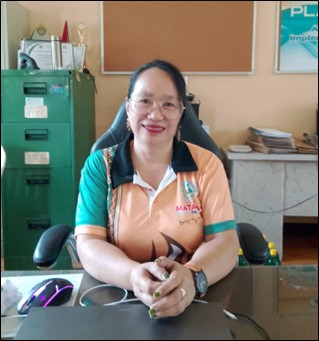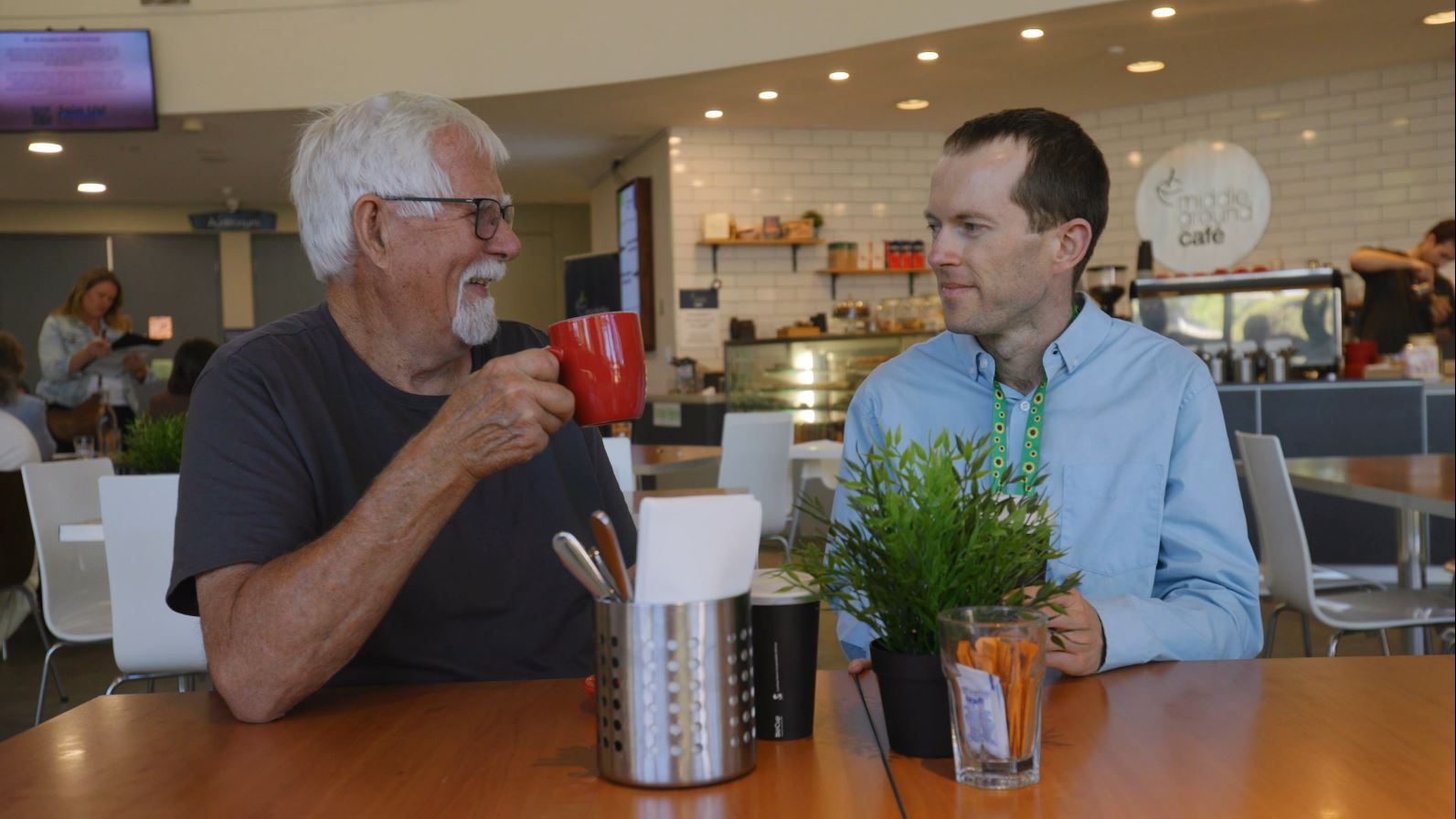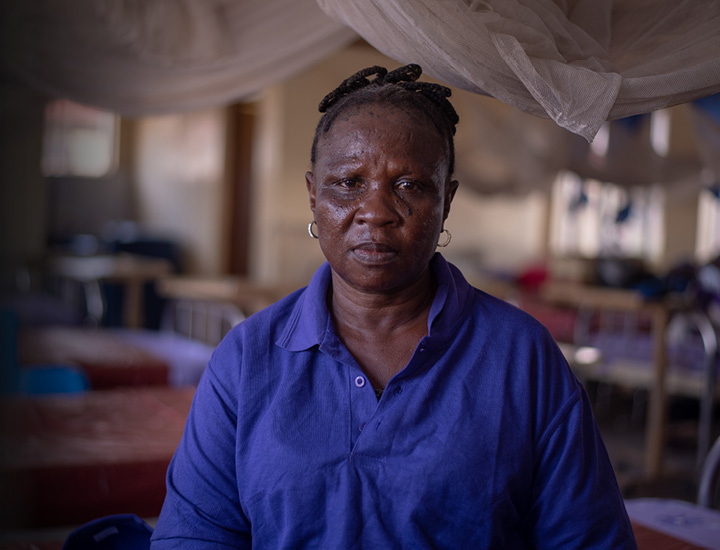CBM’s Inclusion Advisory Group Helping Women and Infants Access Life-Saving Health Services in Timor-Leste
Stories | June 24, 2021
CBM’s Inclusion Advisory Group Helping Women and Infants Access Life-Saving Health Services in Timor-Leste
CBM’s research and subsequent training program in Timor-Leste has dramatically changed the lives of women living with disabilities by enabling better access to essential health services.
CBM’s research into the experiences of women with disability in Timor-Leste revealed that their ability to access maternal and child health services was appalling.
“People feel surprised and wonder why disability people are pregnant or have their own family,” a woman with a disability tells CBM, reflecting the extent of stigma and discrimination faced by women with disabilities. These attitudes extended even to the health sector.
A lack of understanding amongst health workers, as well as wide-spread discrimination in rural communities, prevented women with disabilities getting access to life-saving sexual and reproductive health services. This also stopped newborns with impairments from getting the help they needed.
As a direct result of this research, Timor’s Ministry of Health put in place disability inclusion training for around 250 health workers – a huge step. CBM helped develop and deliver the training, along with a team of women with disabilities linked to the local organisation of people with disability (OPD) who could speak of their own experiences firsthand. “Health people are not really knowledgeable about how to treat women with disabilities,” said one of the training team. The health workers who received training then went on to train other staff in their clinics.
The program is already demonstrating powerful results with changed attitudes and increased knowledge amongst health workers. Other aid agencies in Timor-Leste are using the training modules with their own health teams, and the Health Ministry is extending to more Health teams. “CBM should be proud of the impact of this work”, one health worker from an aid group said. CBM has also received encouraging advice from the community that people with disability are having better experiences at health clinics.
Of course, there are still other barriers faced by women with disability in accessing health services, including transport access to clinics and the physical accessibility of the clinic building. Attitudes within a woman’s family can also stop them getting the sexual and reproductive health support they need.
But we are encouraged to see more people with disability being referred to services like the National Rehabilitation Centre in Dili, now that health teams are more aware of the issues and better understand how they can help.
CBM’s work in this area is supported by the Australian aid program, through the Partnership for Human Development Program in Timor-Leste.
Click here for more information on CBM’s catalytic impact in Timor-Leste.
https://www.cbm.org.au/stories/cbms-inclusion-advisory-group-helping-women-and-infants-access-life-saving-health-services-in-timor-leste
Related Stories

Mrs Thelma leading the way for inclusive education
Education is a fundamental way in which people living in poor communities can break...

We Are Fearfully and Wonderfully Made: A Call for Churches to Embrace Neurodivergence
My name is Daniel Giles, and I’m proudly autistic....

Week 3 – Lent Series 2025
The image of God; an invitation into solidarity Olubunmi remains isolated in her home. Outside, stigma awaits her. For 27 years she has kept her...
